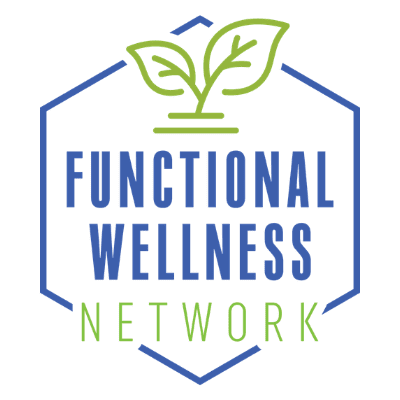Currently, it is undeniable that society often turns to pharmaceutical products to address a variety of health issues. However, the question arises: Why this preference for often invasive solutions instead of exploring less intrusive and more natural options? In this blog, we will explore the reasons behind this widespread choice and examine whether there is a solid foundation for this trend.
Convenience and Rapid Effectiveness:
One of the most prominent reasons for the preference for pharmaceutical products is the convenience and speed with which they act. Many medications provide immediate relief or, at the very least, within a short period, satisfying the inherent human need for quick solutions to health problems.
Influence of the Pharmaceutical Industry:
The pharmaceutical industry plays a crucial role in promoting its products. Extensive advertising campaigns and direct pressure on healthcare professionals can contribute to a greater inclination towards medications rather than less conventional alternatives.
Dominant Medical Paradigm:
Western medicine has historically focused on treating diseases through drugs and medical procedures. This paradigm has influenced the general perception that medications are the most effective and safe solution for a variety of conditions.

Lack of Knowledge about Natural Alternatives:
Society often lacks comprehensive information about alternative and natural treatment options. Non-pharmacological therapies, such as changes in diet, exercise, meditation, and herbal remedies, can offer less invasive solutions, but a lack of awareness may limit their adoption.
Trust in Science and Research:
Trust in science and research underpins the widespread acceptance of pharmaceutical products. People rely on the rigor of clinical studies and approval from regulatory bodies, reinforcing the belief in the effectiveness and safety of medications.
Economic Factors:
Accessibility and cost are also determining factors. Pharmaceuticals are often more accessible due to insurance coverage and assistance programs, while some natural alternatives may be perceived as costly or not covered by health insurance.
Symptomatic Focus Rather Than Preventive:
Modern medicine tends to address symptoms rather than the underlying causes of diseases. This can lead to increased reliance on medications to treat symptoms, instead of exploring less invasive and preventive solutions.
In the end, the ingrained preference for pharmaceutical products over less invasive solutions reveals the intricate intersection of cultural, economic, and scientific factors that shape our choices in the realm of health. This critical analysis calls for reflection not only on our healthcare practices but also on the paradigm that has guided our decisions for decades.
Culturally, we have internalized the speed and effectiveness of medications as synonymous with effective care, often overlooking more traditional and less invasive practices. The omnipresence of pharmaceutical advertising has played a crucial role in solidifying this narrative, creating a direct connection between solving health problems and the consumption of medications.
In the economic sphere, the accessibility and cost of pharmaceutical products play a significant role in their preference. Insurance coverage and financial assistance programs make these medications more affordable, while natural alternatives are often perceived as expensive or not supported by health policies and medical insurance.
From a scientific perspective, trust in clinical research and approval from regulatory bodies supports the choice of pharmaceutical products. The perception of certainty and safety provided by these medications, thanks to rigorous testing and trials, reinforces the belief in their effectiveness.
However, this critical examination is not intended to completely discredit pharmaceutical products, which have been instrumental in improving health and treating diseases. Instead, it aims to initiate an informed dialogue about the importance of exploring less conventional and invasive options.

Society is presented with an opportunity to embrace a more holistic vision of healthcare, where non-pharmacological therapies, lifestyle changes, and preventive approaches play a more prominent role. This shift will require a collective effort from society, healthcare professionals, and the pharmaceutical industry to promote research and advocacy for healthier alternatives.
The choice of invasive solutions over less intrusive alternatives is a complex issue, and our intention is to provide resources that encourage informed reflection.
We encourage you to continue exploring with us. Join our specialized events where we delve into the reasons behind these choices and examine the transformative potential of less invasive options.
We remain committed to your well-being. Stay connected through our platform to access information that can contribute to a more balanced approach to health.
Let’s keep moving towards a future where our health choices reflect a serious commitment to information and overall well-being. We are here to support you on this journey!
__
__
Dr. Kent Nelson
Functional Wellness Network
www.functionalwellnessnetwork.com
__
__




